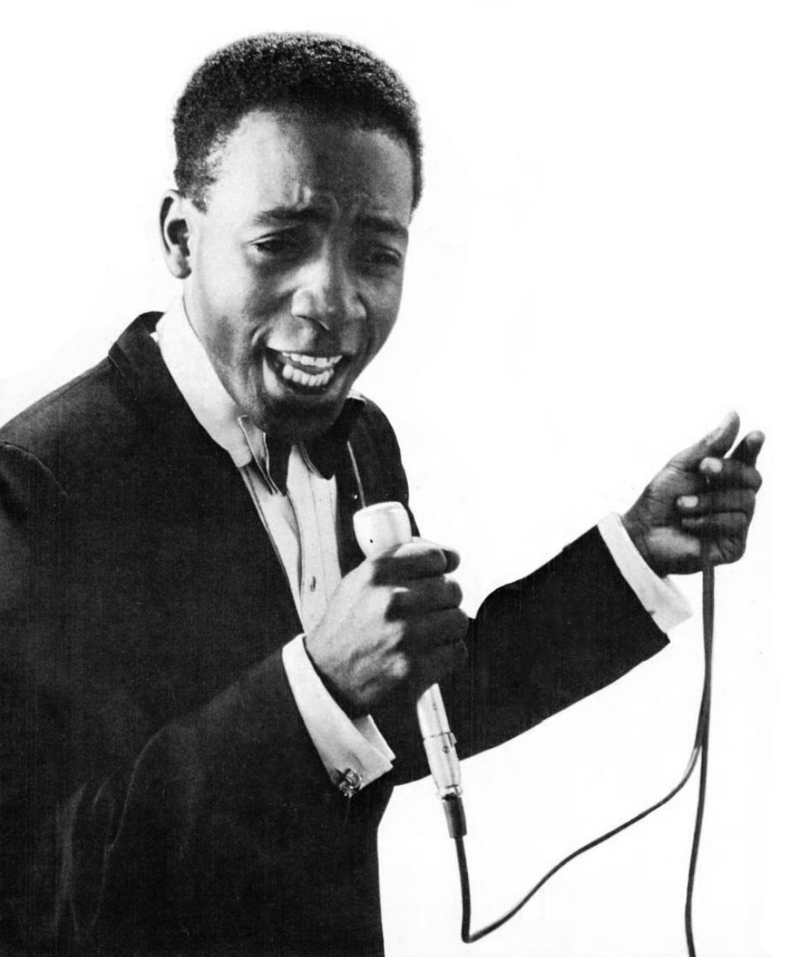Introduction to Bobby Hebb
Bobby Hebb (born in 1938 – died in 2010) was an American singer-songwriter best known for his best-selling 60s music era single “Sunny,” now an oldies music classic pop tune. Born to blind parents who were also both musicians, he entered show business at age three when he performed alongside his older brother Harold as a song-and-dance team. Harold was fatally stabbed during a fight outside a club in Nashville, Tennessee in November 1963, a day after President Kennedy was assassinated. Devastated and despondent by both tragedies, Hebb turned much into listening music as a solace, most particularly Gerald Wilson’s album You Better Believe It! He wrote the optimistic song called “Sunny.” It became a #2 pop hit in 1966, selling over one million copies. Hebb released other less successful singles such as “A Satisfied Mind,” “Love Me” and a re-recording of his Top 10 hit called “Sunny ’76”. He continued to live in his birthplace and hometown in Nashville where he also died in 2010, aged 72.
Early life
R&B and soul singer Bobby Hebb was born Robert Von Hebb on July 26, 1938 in Nashville, Tennessee. He undoubtedly inherited his musical gift from his blind parents who were also gospel singers and musicians. He joined the world of music at a tender age of three when he and his nine-year-old brother Harold teamed together as a song-and-dance act.
As he grew older Hebb made a mark by becoming one of the first African-American musicians to perform at the prestigious country music event the Grand Ole Opry during the 1950s. Aside from his natural talent in singing, Hebb was also an accomplished musician who played guitar, piano and percussion.
He was drafted to the US Navy. During his time in the Navy he also played trumpet in a military jazz band, once again proving his musical talent and versatility.
Tragic events that tuned into “Sunny” success
President John F. Kennedy’s assassination on November 22, 1963 sent major shockwaves across the world. The following day, Hebb’s own brother Harold was stabbed to death during a skirmish outside a nightclub in Nashville. Hebb was devastated and left grieving for the two tragedies. In order to seek comfort from these tragic events Hebb listened to music (mostly to Gerald Wilson’s album You Better Believe It!) and started writing songs. Little did he know that he would soon find fortune from his own compositions, one of them titled “Sunny.” He wrote the song to lift himself up from possibly the lowest points of his life.
Released as a single on Philips label in 1966, “Sunny” climbed to #2 on the Billboard Hot 100 and #3 on the Billboard R&B singles chart that year. Its album, also titled Sunny, went to #103 on the Billboard 200 and #21 on the R&B album chart in that same year.
Life and career after “Sunny”
“Sunny” was followed by another single “A Satisfied Mind” which went on the Top 40 of the Hot 100 at #39 (#40 R&B, #32 UK). Another single “Love Me” became a lesser pop hit at #84. Both of these singles were also released in 1966.
Hebb also wrote songs for artists, including Lou Rawls’ Top 20 pop and R&B hit in 1971 “A Natural Man.”
Ten years after the original release of “Sunny,” Hebb released its disco-fied version in an attempt to cash in on the popular music genre. The revised version peaked at #94 on the R&B singles chart.
Hebb went on a recording hiatus for over three decades until he released his first record “That’s What I Wanna Know” in 2005. He went on to live in his birth city Nashville until he died there on August 3, 2010, aged 72. The cause of his death was lung cancer.
Legacy
Hebb’s most famous hit “Sunny” has been covered by a variety of artists, among them Cher, Public Enemies, Boney M., whose version went to Top 10 in many countries across the world. It has been sung and re-recorded by Andy Williams, Shirley Bassey, Jose Feliciano, Stevie Wonder, Ella Fitzgerald, Dusty Springfield, The Walker Brothers, and many others.
The song was also featured as a soundtrack of many films like Boogie Nights, the Georgian film Repentance and the Russian movie Family Relations.

